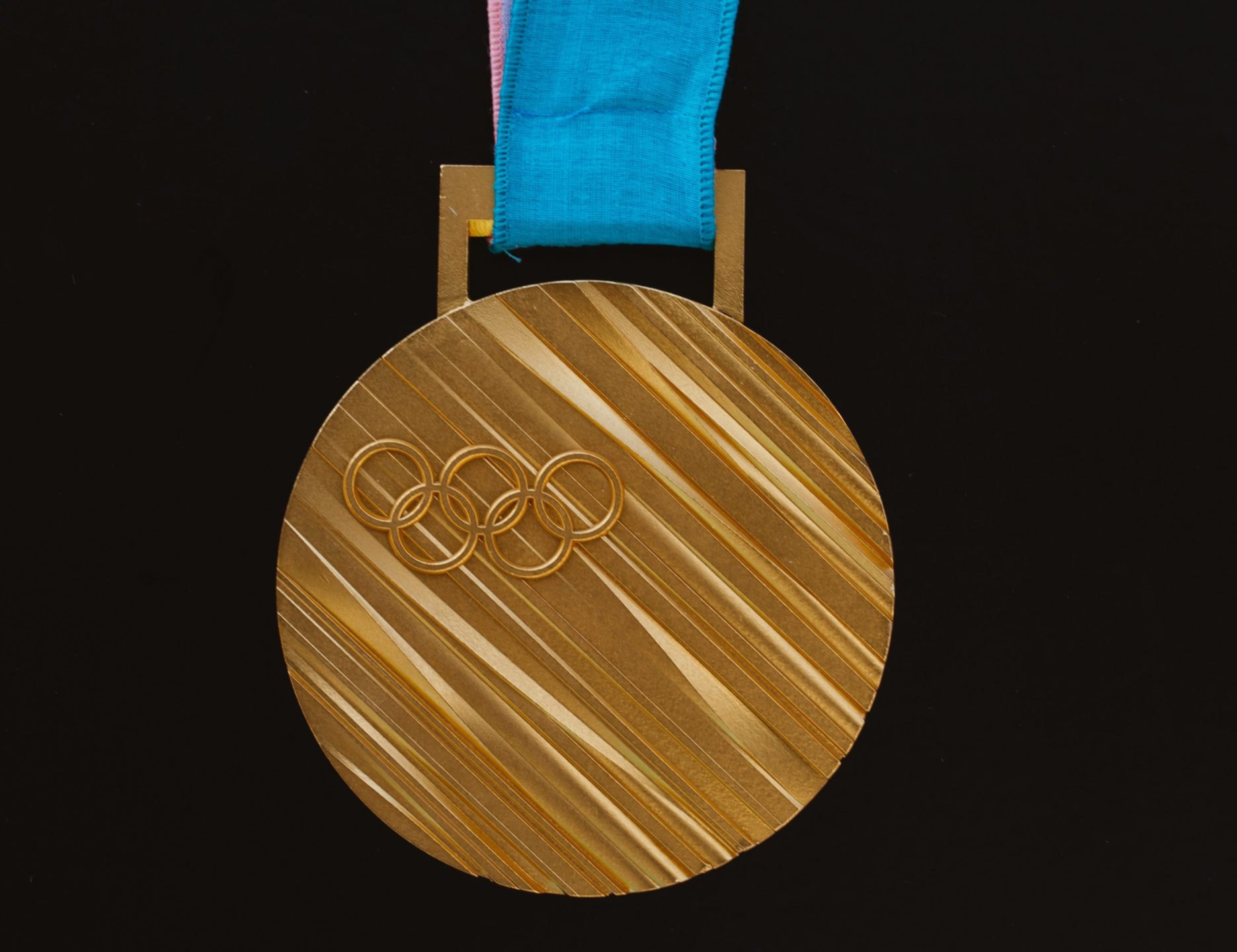
Don’t Let Narrative Get in the Way of a Good Story
The great thing about The Olympics, even for those not predisposed toward sport, is the wealth of stories that come out of the weeks of competition. Athletes you’d never heard of, maybe participating in a sport that’s equally unfamiliar (or terrifying or uncanny), performing at the very edge of their performance capabilities, make for stirring, thrillingly human stories. One such story was Norwegian Simen Hegstad Krueger overcoming a fall at the mass start of the 15K + 15K Skiathlon to win gold, an upset even if he hadn’t broken a pole and taken a shot to the head in the crash. His victory was a thrilling example of overcoming adversity. It was also an example of the value of story over narrative.
Krueger’s comeback win was unlikely even if his fall at the start hadn’t pushed him to 68th place, dead last. The pre-race favorite was 21 year-old superstar Johannes Klaebo, a sensational talent even within the powerhouse Norwegian team. That Klaebo was the favorite was a point of fascination for NBC’s play-by-play commentator, Al Trautwig, who alternately touted and criticized the young star in accordance with that narrative. The great stories are often missed by critics and commentators, whose concern with the preconceived narrative – itself the received wisdom of what should or shouldn’t be happening – pulls attention from the human stories that impact audiences, the ones we carry with us long after the games themselves fade from memory
Preconceived narrative pulls attention from the human stories that impact audiences
This isn’t just to Monday-morning-quarterback Trautwig, whose stentorian pipes provided the score to the drama of the race, especially as Krueger’s win went from seemingly impossible to unbelievably likely. The context of Klaebo as the favorite was indeed important for us watching at home and (eventually) added to the odds stacked against Krueger’s comeback. The urge to criticize superstars, however, is far too common in sports; the competition is the content, not the critique. In clinging to the narrative of Klaebo as an Olympian in the Greek myth sense as much as one competing in the 2018 Winter Games, the broadcast was slow to emphasize the story that would far better connect to its audience. Face down in the snow, competitors pulling away, head aching, tools wrecked – that metaphor for the tough stuff in life stirs more emotion in an audience than taking the shine off a star. Nearly everything that could go wrong for Krueger did, and he prevailed. It was, and will endure, as a great story.
As for Klaebo, he finished off the podium in the Skiathlon as his teammates swept the medals, but went on to win three gold medals, including one in the 4 x 10K relay event, where he toyed with the competition following Krueger’s come-from-behind leg of the relay. Klaebo’s was one of the truly dominant performances of the Pyeongchang 2018 Winter Games. Overcoming disappointment to perform at your best? That, too, is the kind of story an audience can relate to.